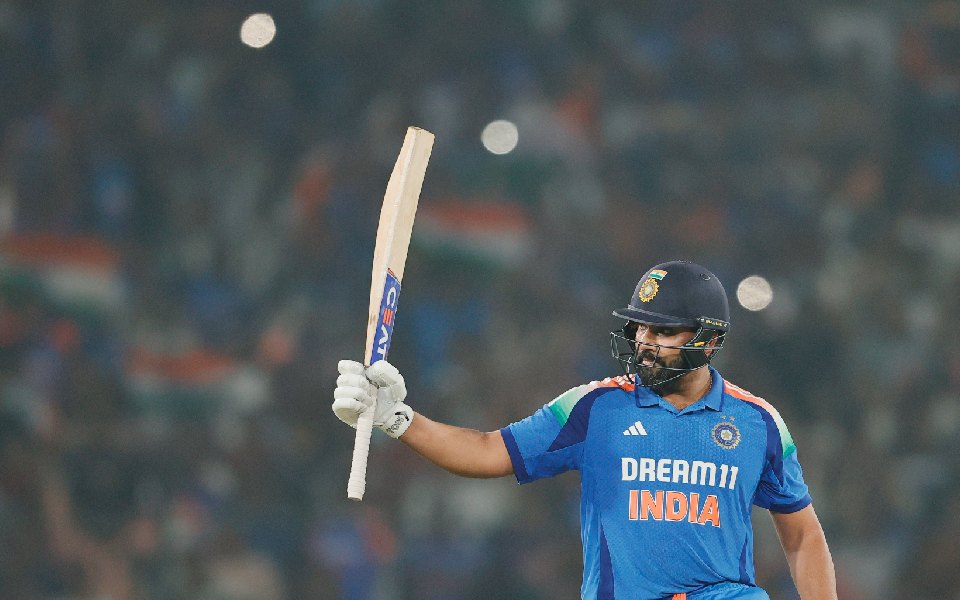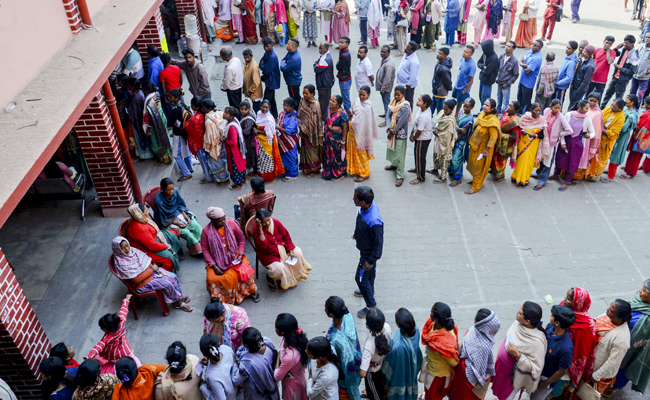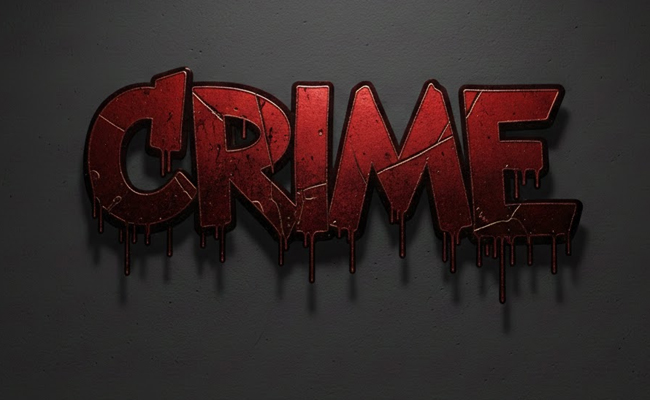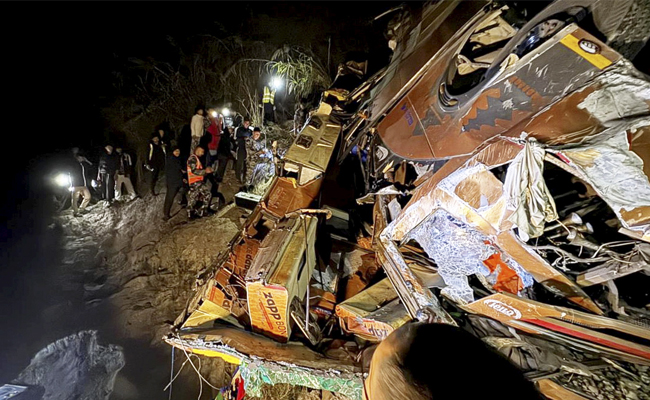New Delhi, Feb 9 (PTI): Rohit Sharma the 'Batter' owed 'Captain' Rohit Sharma a favour for the longest time. On a sultry Sunday at the Barabati Stadium, the 37-year-old Mumbaikar knew that the batter in him had no options left but to give the skipper a breathing space.
A ton of stone might have been removed from his chest but his muted celebrations said it all. It was more of relief and less of happiness.
He did that in style with a hundred (119, 90b, 12x4, 7x6) that will always be his personal favourite in terms of pressure quotient when he would have time to reflect on his white ball career full of milestones.
A performing captain is one who commands respect in the dressing room.
Not that his stature has diminished in that change room but someone, who has played the game on his own terms wouldn't like men lurking around him with question mark running through the contours of their faces even if it is head coach Gautam Gambhir, who gave away very little while clapping for his skipper's hundred with a customary poker-face.
Having endured a wretched run since the start of the New Zealand series at home, the affable Indian skipper faced the most scathing criticism in his 17-plus years at the international level.
As much as players speak about "outside noise", an under-pressure man in a high-stakes world would be vulnerable after a point. The memes hurt, conjectures about living on borrowed time must have bruised his champions' ego big time.
The criticism was not unwarranted. He was consistently failing in Test matches and it came to a point where he had to drop himself from the playing XI of the Sydney Test match.
But only he could have changed it all.
Till the opening game in Nagpur, everything that could have gone wrong went wrong for Rohit -- till February 9 happened.
Finally, the sixes were soaring into the stands and one saw the vintage Rohit, who wasn't pre-empting anything but like good old days reacting to the deliveries.
Unlike Australia Tests where he was standing outside the crease trying to counter the movement, he stood deep inside the crease and things started happening.
Just like everything goes wrong when it has to go wrong, things start falling in place when it has to.
England bowlers made a cardinal mistake during the first ODI by trying to pepper Shreyas Iyer with short-pitched deliveries.
In the second ODI on a firm, even bounce track, Saqib Mahmood, Gus Atkinson, Jamie Overton, all decided to bowl the fuller length. However, most of the deliveries were over-pitched and Rohit had played enough cricket to hit through the line with immaculate timing.
When Mark Wood bowled, it was back of the length and Rohit could execute his strokes using the depth of the crease. He could also pick his slower bouncer and deposit it in the stands.
"There is a colloquial lingo in Indian cricket -- line se line milana or hitting through the line. He was trying to hit it hard. He just timed each ball. The mindset was clear and he banked on his experience. Unlike the 2023 World Cup, he attacked but defended when needed, but also hit enough sixes to have a high strike-rate," former national selector Devang Gandhi said.
Gandhi was, in fact, right.
Rohit knew that an intent filled 40 off 20 balls wouldn't be enough in a result oriented world where volume still gets equal if not more impetus. During the World Cup in 2023, he could afford to play that high risk game but for once, he not only needed to play for the team but also for himself.
The cut shot off Adil Rashid and the six that brought up the 32nd hundred were class acts. And then came the reverse sweep.
Rohit Sharma finally batted like Rohit Sharma and the world is now a slightly better place.
Let the Truth be known. If you read VB and like VB, please be a VB Supporter and Help us deliver the Truth to one and all.
Ranchi (PTI): Around 12 per cent voter turnout was recorded till 9 am in the civic polls to 48 urban local bodies in Jharkhand on Monday, an election official said.
Voting, which commenced at 7 am, is underway amid tight security. It will continue till 5 pm, he said.
"Voter turnout of 12 per cent was recorded till 9 am. Polling is underway peacefully," State Election Commission (SEC) secretary Radhe Shyam Prasad said.
Over 43 lakh voters are eligible to decide the fate of 6,000-plus candidates.
ALSO READ: Tripura student's partner put sanitiser in her private parts, filmed her nude: Gurugram police
State Election Commissioner (SEC) Alka Tiwari exercised her franchise at ward number 40 in Ranchi.
"Polling is underway peacefully across the state and reports are so far good from every ULB. I would like to appeal to the voters to exercise their franchise," Tiwari told reporters.
Prasad said the elections are underway for the posts of mayor and chairperson in 48 ULBs, and councillors in 1,042 wards across nine municipal corporations, 20 nagar parishads and 19 nagar panchayats.
As many as 562 candidates, including 235 women, are in the fray for the posts of mayor and chairperson, while 5,562 candidates, including 2,727 women, are contesting the posts of ward councillors.
Prasad said adequate security arrangements have been made in all the booths.
A total of 4,307 polling booths have been set up for the elections. Of these, 896 have been identified as hyper-sensitive and 2,445 as sensitive.





